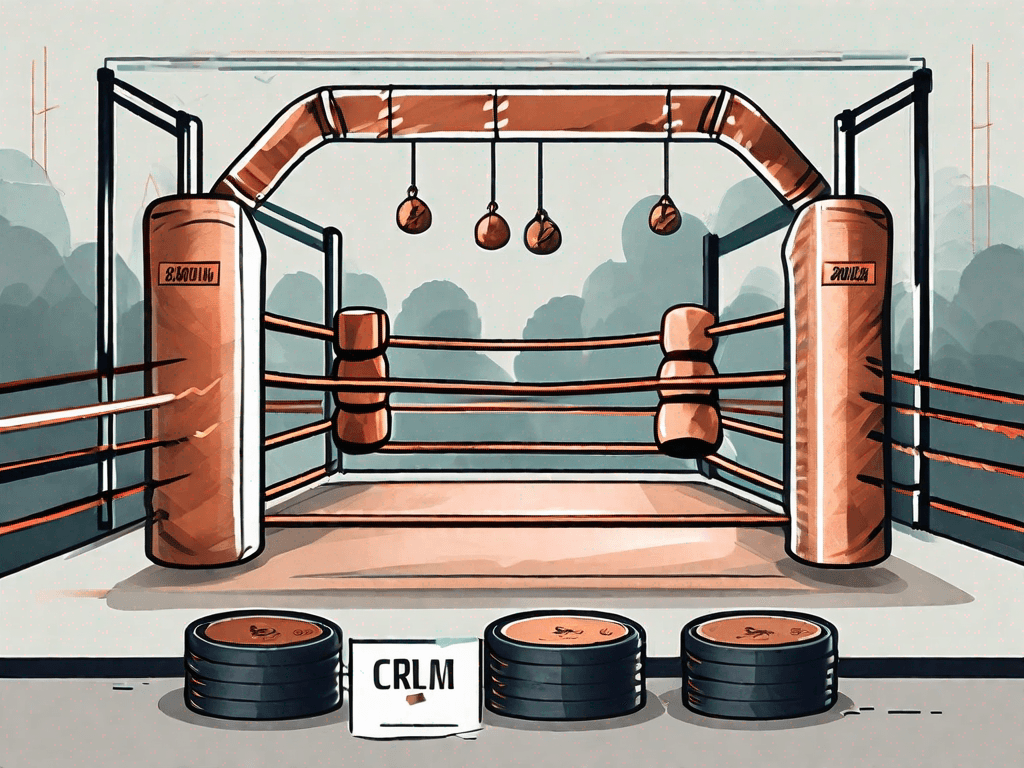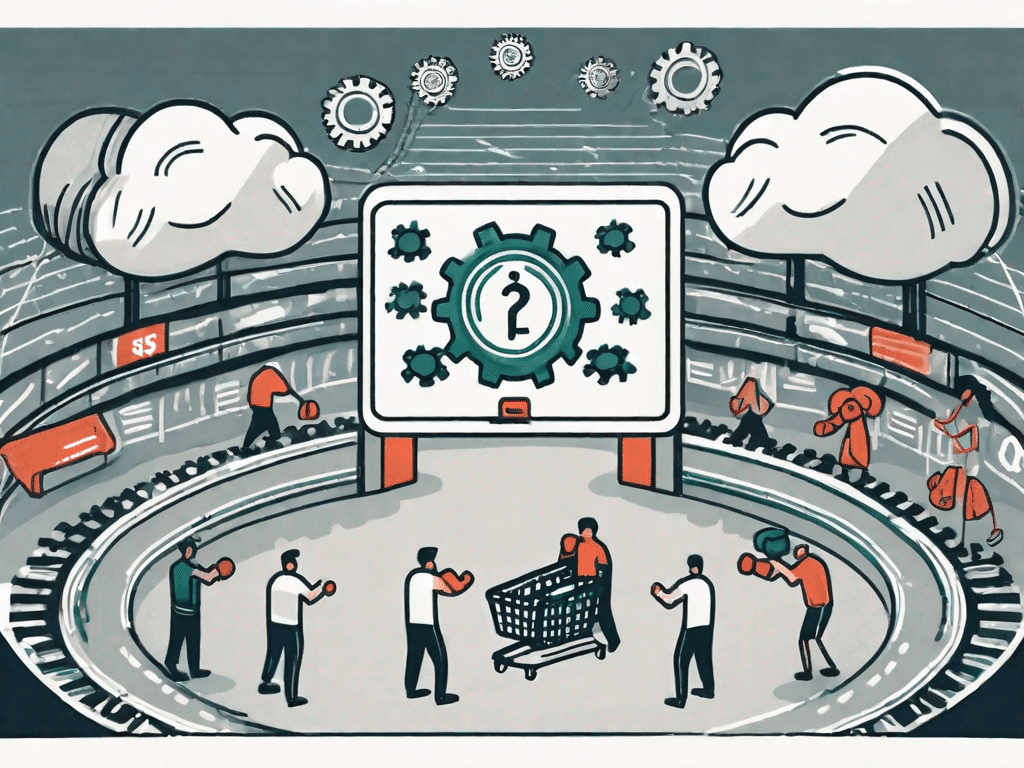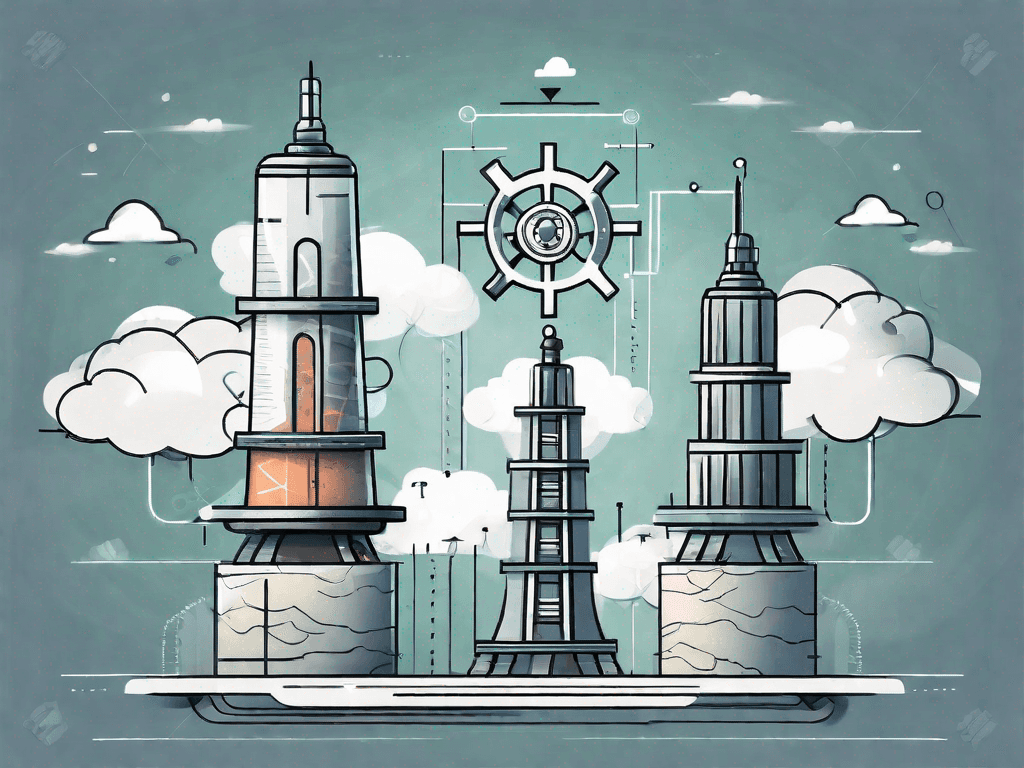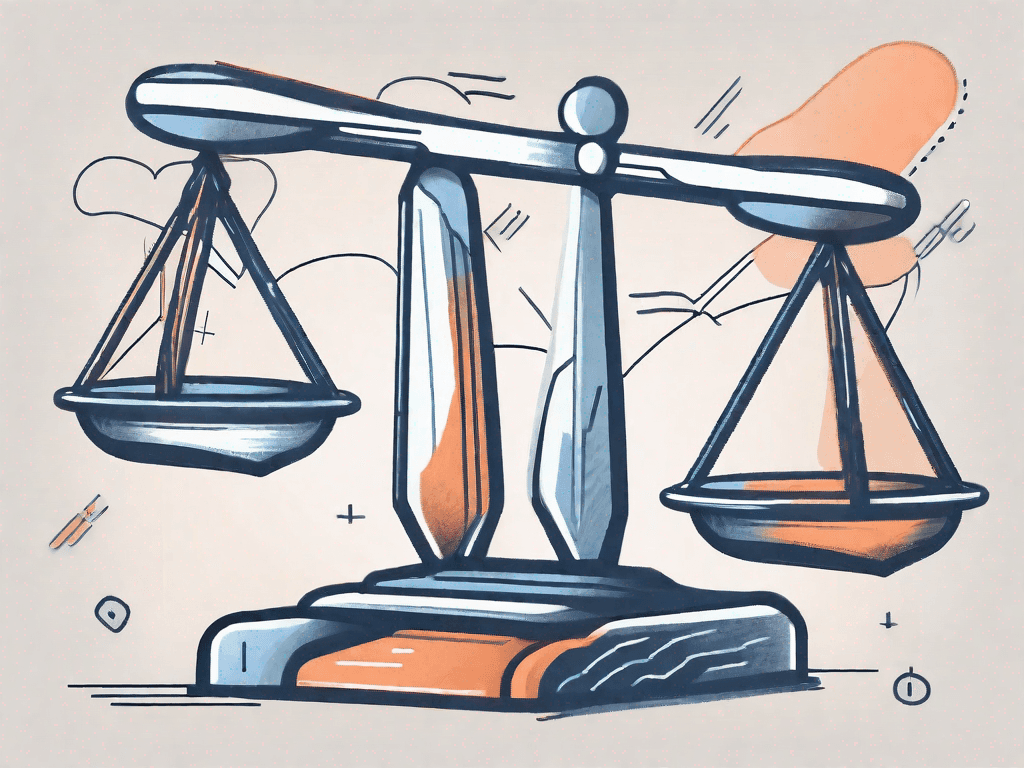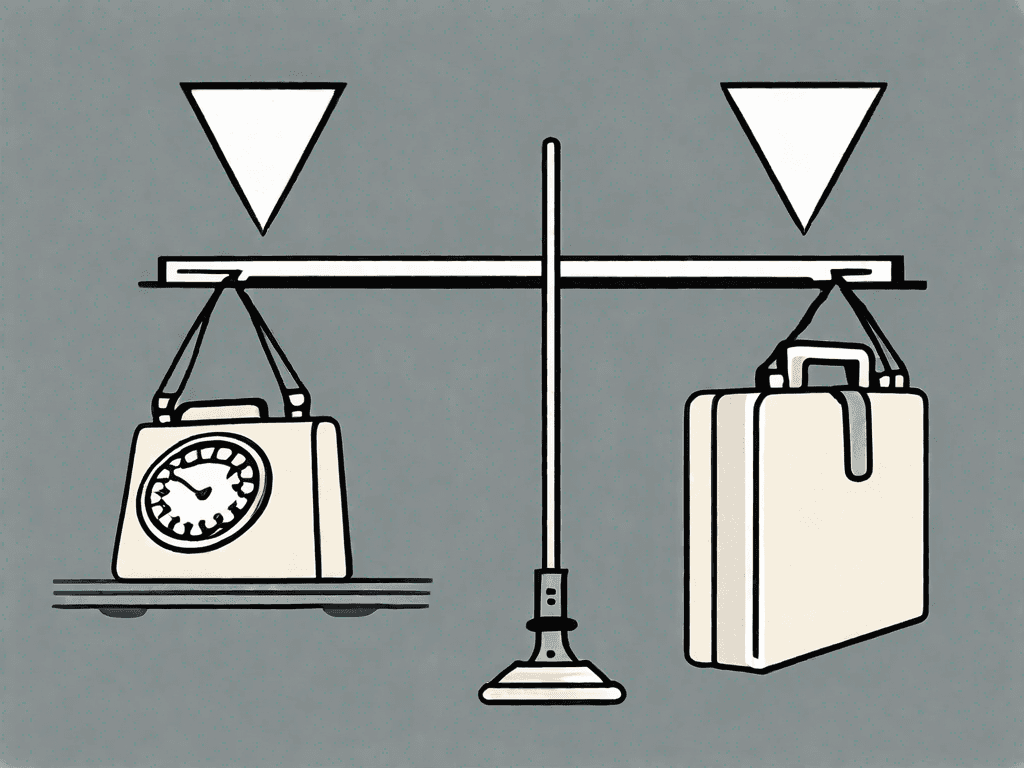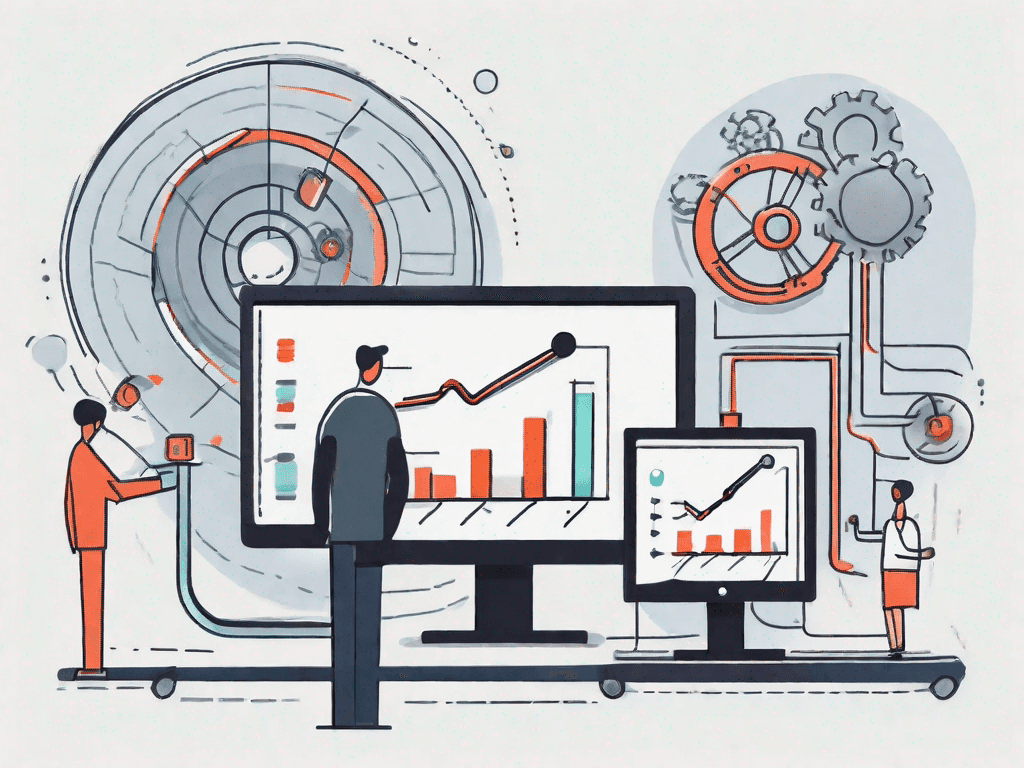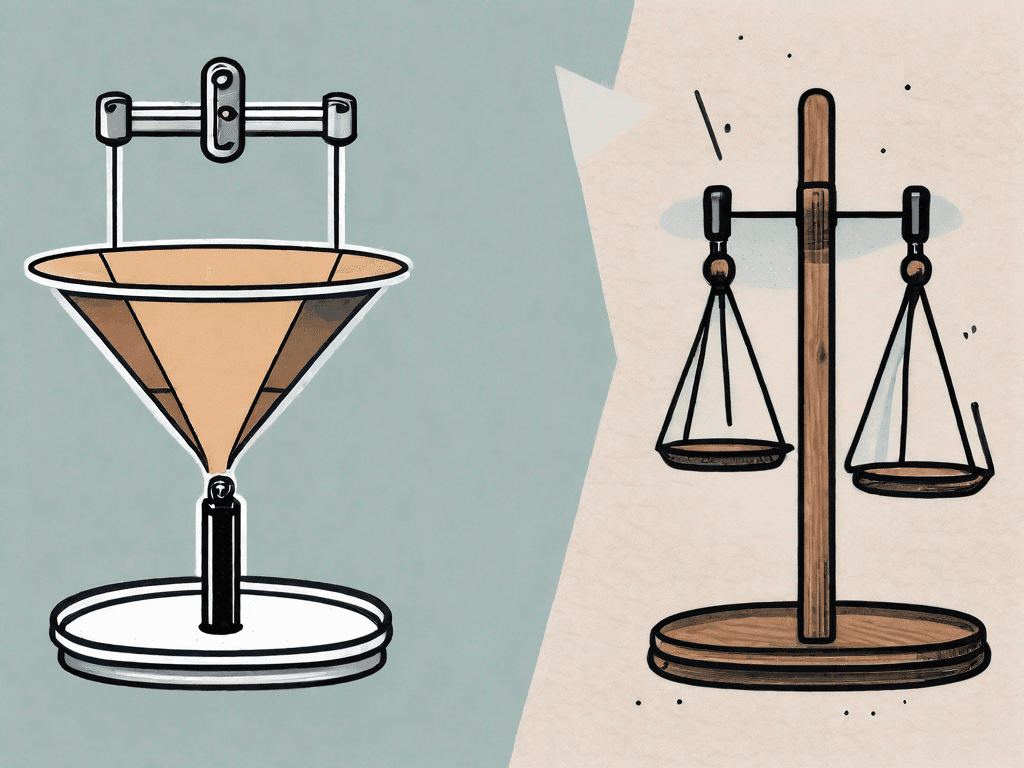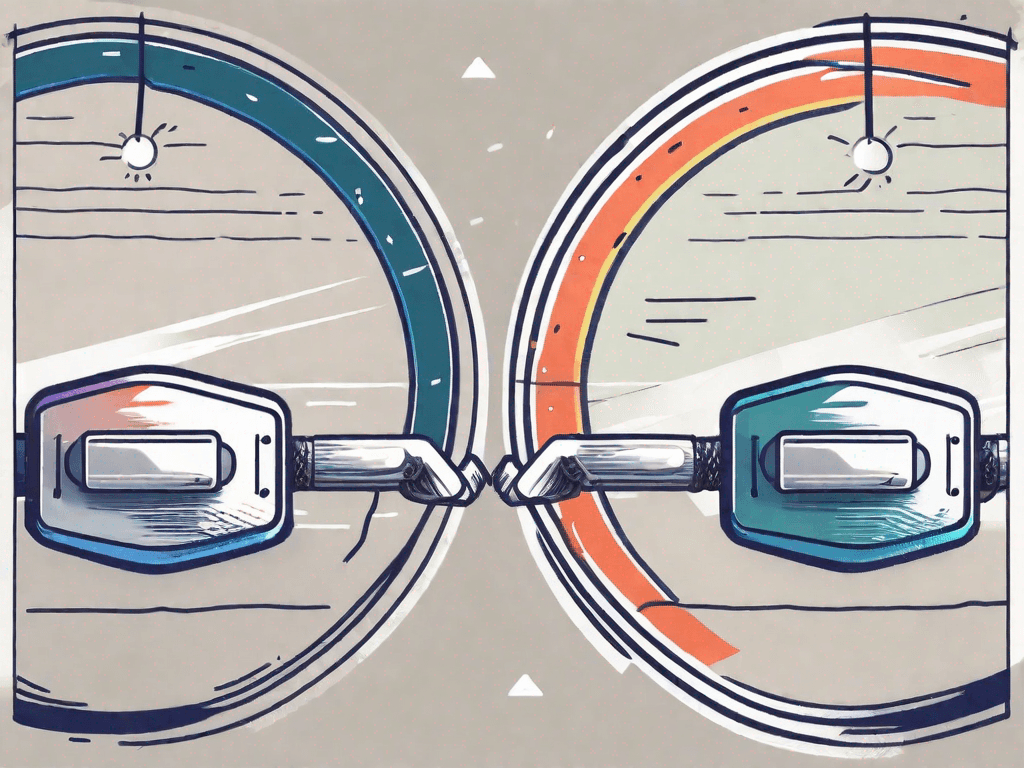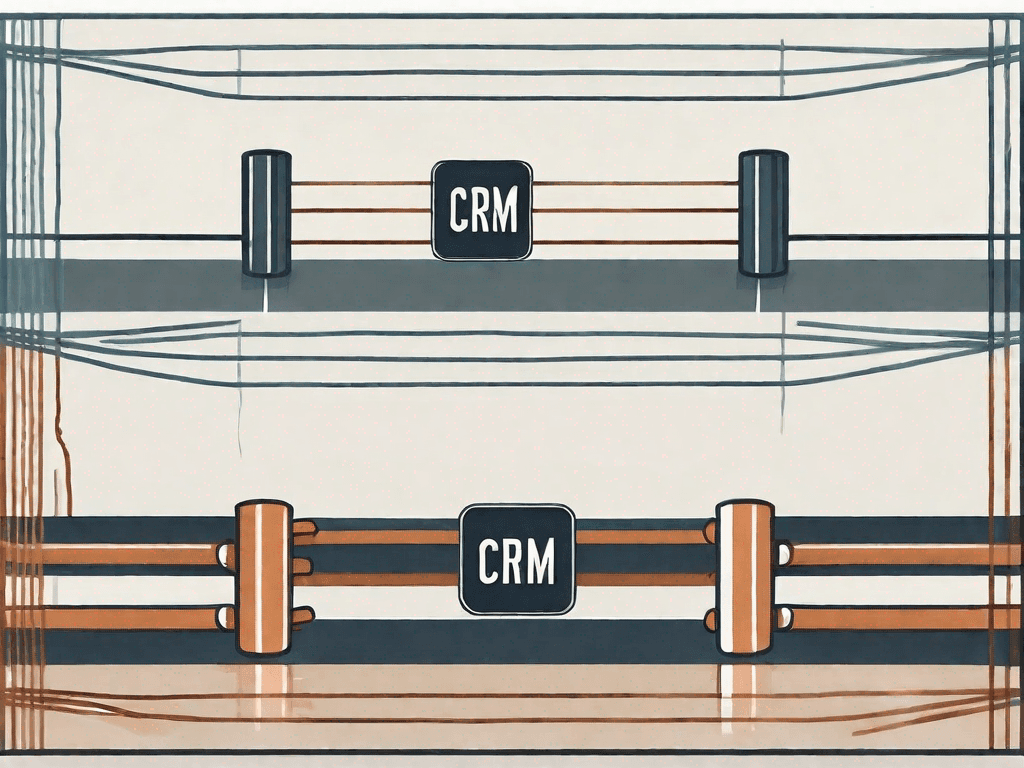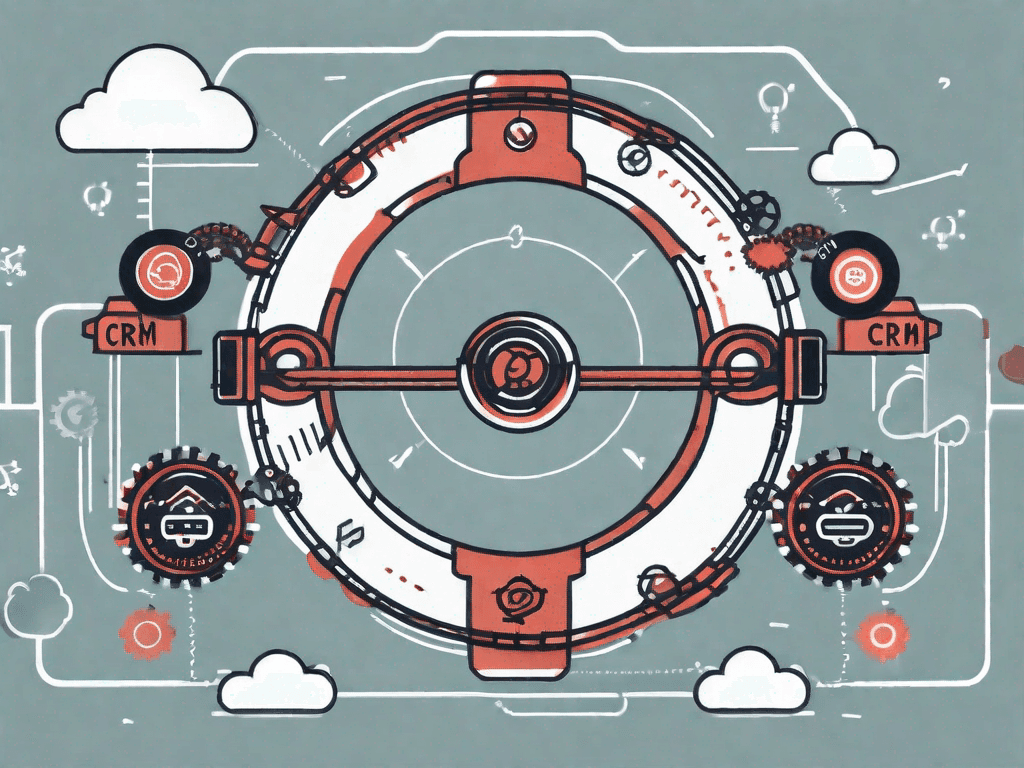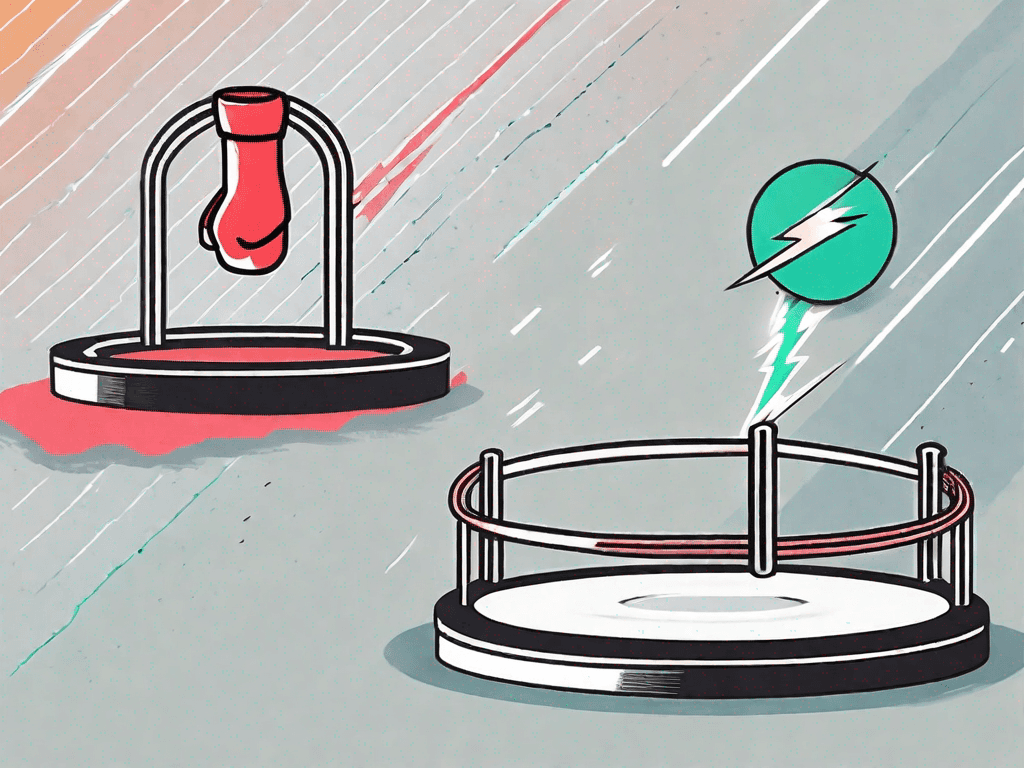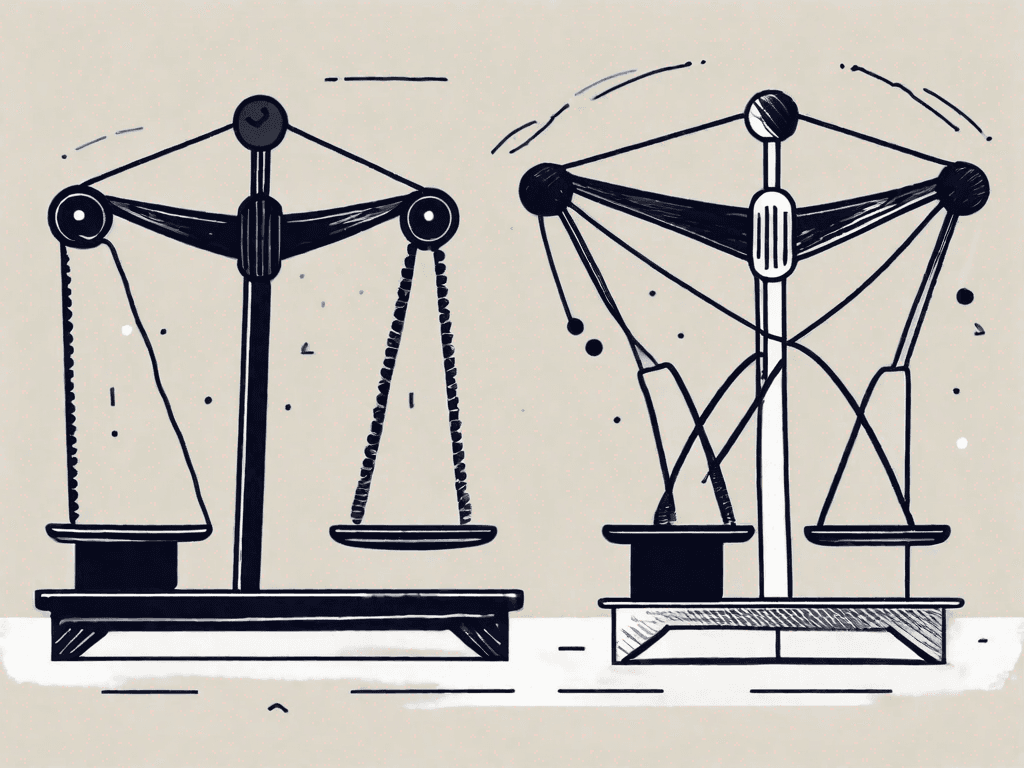
The Ideal Sales Pipeline Template for Digital Marketing Agency
In the world of digital marketing, having an effective sales pipeline is crucial for success. It serves as a roadmap to guide your digital marketing agency through the customer journey, ensuring that leads are properly nurtured and converted into paying clients. In this article, we will explore the ideal sales pipeline template for a digital marketing agency and its importance in driving growth and profitability
The 7 Sales Pipeline Stages Digital Marketing Agency Should Have
Before diving into the benefits of having a well-defined sales pipeline, let's first examine the seven essential stages that every digital marketing agency should incorporate:
Prospecting: This stage involves identifying and qualifying potential clients who are a good fit for your agency's services. It's all about casting a wide net and finding leads that align with your target audience.During the prospecting stage, digital marketing agencies employ various strategies to attract potential clients. This may include conducting market research to identify target demographics, utilizing search engine optimization techniques to increase online visibility, and leveraging social media platforms to engage with potential leads. By actively seeking out prospects, agencies can expand their client base and increase their chances of success.
Initial Contact: Once you've identified promising leads, the next step is to make initial contact. This can be through various channels such as email, phone calls, or even social media messaging. The goal is to establish a connection and gauge their interest in your services.During the initial contact stage, digital marketing agencies focus on building rapport with potential clients. This involves personalized communication that highlights the agency's unique value proposition and demonstrates an understanding of the client's needs. By establishing a positive first impression, agencies can lay the foundation for a successful business relationship.
Needs Assessment: This stage involves understanding the client's specific needs and pain points. It's crucial to ask the right questions and actively listen to their challenges. This will help tailor your digital marketing strategies to meet their unique requirements.During the needs assessment stage, digital marketing agencies conduct thorough consultations with potential clients. This includes in-depth discussions to identify their goals, target audience, and current marketing strategies. By gaining a comprehensive understanding of the client's needs, agencies can develop customized solutions that address their pain points and deliver tangible results.
Solution Proposal: After gathering all the necessary information, it's time to craft a compelling solution proposal. This should outline how your agency can address the client's needs, showcase your expertise, and highlight the value you can bring to their business.The solution proposal stage is where digital marketing agencies showcase their creativity and expertise. Agencies develop comprehensive proposals that outline the recommended strategies, tactics, and timelines for achieving the client's goals. By presenting a well-crafted solution proposal, agencies demonstrate their ability to deliver results and differentiate themselves from competitors.
Negotiation: Once the client has reviewed the proposal, negotiations may come into play. This stage involves discussing pricing, scope of work, and other terms and conditions. Effective communication and transparency are key to reaching a mutually beneficial agreement.Negotiations are an integral part of the sales pipeline for digital marketing agencies. During this stage, agencies and clients engage in open and transparent discussions to align expectations and finalize the terms of the partnership. By fostering a collaborative approach, agencies can establish a strong foundation for a long-term working relationship.
Closing: When all the details have been ironed out and both parties are satisfied, it's time to close the deal. This involves finalizing contracts and setting expectations for the partnership.The closing stage marks the official start of the client-agency partnership. Digital marketing agencies ensure that all necessary paperwork is completed, contracts are signed, and expectations are clearly defined. By providing a seamless transition from the sales process to the implementation phase, agencies can instill confidence in their clients and set the stage for a successful collaboration.
Onboarding: The final stage of the sales pipeline focuses on onboarding the new client. This includes setting up accounts, gathering assets, and initiating the necessary processes to kickstart the digital marketing campaigns.During the onboarding stage, digital marketing agencies work closely with their new clients to gather all the necessary assets and information required to launch successful campaigns. This may involve setting up social media accounts, accessing website analytics, and conducting comprehensive audits of existing marketing materials. By ensuring a smooth onboarding process, agencies can establish a solid foundation for executing effective digital marketing strategies.
By structuring your sales pipeline around these stages, you can ensure a systematic and efficient approach to acquiring and nurturing clients.
Example of the Customer Journey in a Sales Pipeline for Digital Marketing Agency Step-by-Step
Let's take a closer look at how a customer journey might unfold within the context of a digital marketing agency's sales pipeline:
Prospecting: The agency identifies potential leads through thorough market research and targeted advertising.
During the prospecting stage, the digital marketing agency employs various strategies to identify potential leads. This includes conducting extensive market research to understand the target audience and their needs. The agency also utilizes targeted advertising campaigns to reach out to potential customers who may be interested in their services. By carefully analyzing data and trends, the agency can identify the most promising leads to pursue.
Initial Contact: The agency reaches out to the leads via email, addressing their pain points and offering a solution.
Once the potential leads have been identified, the agency initiates the contact phase. This involves reaching out to the leads via email, introducing themselves, and addressing the pain points that the leads may be experiencing. The agency highlights their expertise and offers a tailored solution to meet the specific needs of each lead. By personalizing the initial contact, the agency aims to establish a connection and build trust with the leads.
Needs Assessment: The agency schedules discovery calls with interested leads to gain a deeper understanding of their goals and challenges.
After the initial contact, the agency schedules discovery calls with the leads who have shown interest in their services. During these calls, the agency's representatives engage in in-depth conversations with the leads to gain a deeper understanding of their goals, challenges, and specific requirements. By conducting a thorough needs assessment, the agency can tailor their strategies and solutions to meet the unique needs of each lead.
Solution Proposal: A customized proposal is created, outlining the agency's recommended strategies and associated costs.
Based on the information gathered during the needs assessment stage, the agency creates a customized proposal for each lead. This proposal outlines the agency's recommended strategies and tactics to achieve the lead's goals. The proposal also includes a breakdown of the associated costs, providing transparency and clarity to the lead. By presenting a comprehensive solution, the agency aims to demonstrate their expertise and value to the lead.
Negotiation: Pricing, contract terms, and any specific requirements are discussed with the lead to ensure a smooth transition to the next stage.
Once the lead has reviewed the proposal, the negotiation stage begins. This involves discussing pricing, contract terms, and any specific requirements that the lead may have. The agency's representatives work closely with the lead to address any concerns or questions they may have, ensuring a smooth transition to the next stage of the sales pipeline. By actively engaging in negotiation, the agency aims to reach a mutually beneficial agreement with the lead.
Closing: Once the lead is convinced of the agency's value, contracts are signed, and the partnership officially begins.
After successful negotiation, the closing stage is reached. At this point, the lead is convinced of the agency's value and decides to move forward with the partnership. Contracts are signed, formalizing the agreement between the agency and the lead. This marks the official beginning of the partnership, and both parties are committed to working together to achieve the lead's goals.
Onboarding: The agency sets up necessary accounts, establishes communication channels, and collaborates closely with the client to gather relevant assets.
Following the closing stage, the agency initiates the onboarding process. This involves setting up necessary accounts and systems to ensure a smooth transition for the client. The agency establishes communication channels to facilitate ongoing collaboration and gathers any relevant assets required to kickstart the marketing campaigns. By providing a seamless onboarding experience, the agency aims to build a strong foundation for a successful partnership.
This step-by-step example illustrates the seamless flow of a customer journey within a well-structured sales pipeline. Each stage is carefully designed to address the needs and challenges of potential leads, ultimately leading to successful partnerships and achieving the desired marketing outcomes.
Why Digital Marketing Agencies Need This Sales Pipeline Template?
Implementing a sales pipeline template can bring numerous benefits to digital marketing agencies. Let's explore two compelling reasons:
3.1 - You'll save time with your digital marketing strategies.
By having a predefined sales pipeline, your agency can streamline its processes and save valuable time. You no longer have to reinvent the wheel for each new client. Instead, you can rely on a proven framework that guides you from prospecting to onboarding, ensuring that no crucial steps are missed. For instance, for an SEO agency for contractors, this efficiency means more time spent enhancing clients' online presence and less time on administrative tasks. This time-saving benefit allows your team to focus on delivering top-notch digital marketing expertise to clients.
3.2 - You'll grow revenues faster by delivering digital marketing expertise.
A well-defined sales pipeline enables your agency to effectively showcase its digital marketing expertise. By carefully guiding potential clients through each stage, you can address their pain points, demonstrate your industry knowledge, and present tailored solutions. This builds trust and confidence, increasing the chances of securing new business and ultimately growing your revenues.
In conclusion, the ideal sales pipeline template for a digital marketing agency plays a vital role in maximizing growth and profitability. By incorporating the seven essential stages and leveraging this framework, your agency can attract, nurture, and convert leads successfully. Furthermore, the structured approach brings time-saving benefits and positions your agency as an industry leader, ultimately driving long-term success in the dynamic world of digital marketing.











![The 8 Best Social CRM Software in 2025 [Comparison]](https://framerusercontent.com/images/RYHyYapdgIi83BEWtMdX418.png)
![The 6 Best LinkedIn CRM in 2025 [Comparison]](https://framerusercontent.com/images/Luywfni7ZKjb19yghbhNPy4I4qQ.png)



![The 5 Best Twitter CRM [Comparison]](https://framerusercontent.com/images/EWcbvYnVZglJLO8jp3OlHkTvsHo.png)
































































































































































